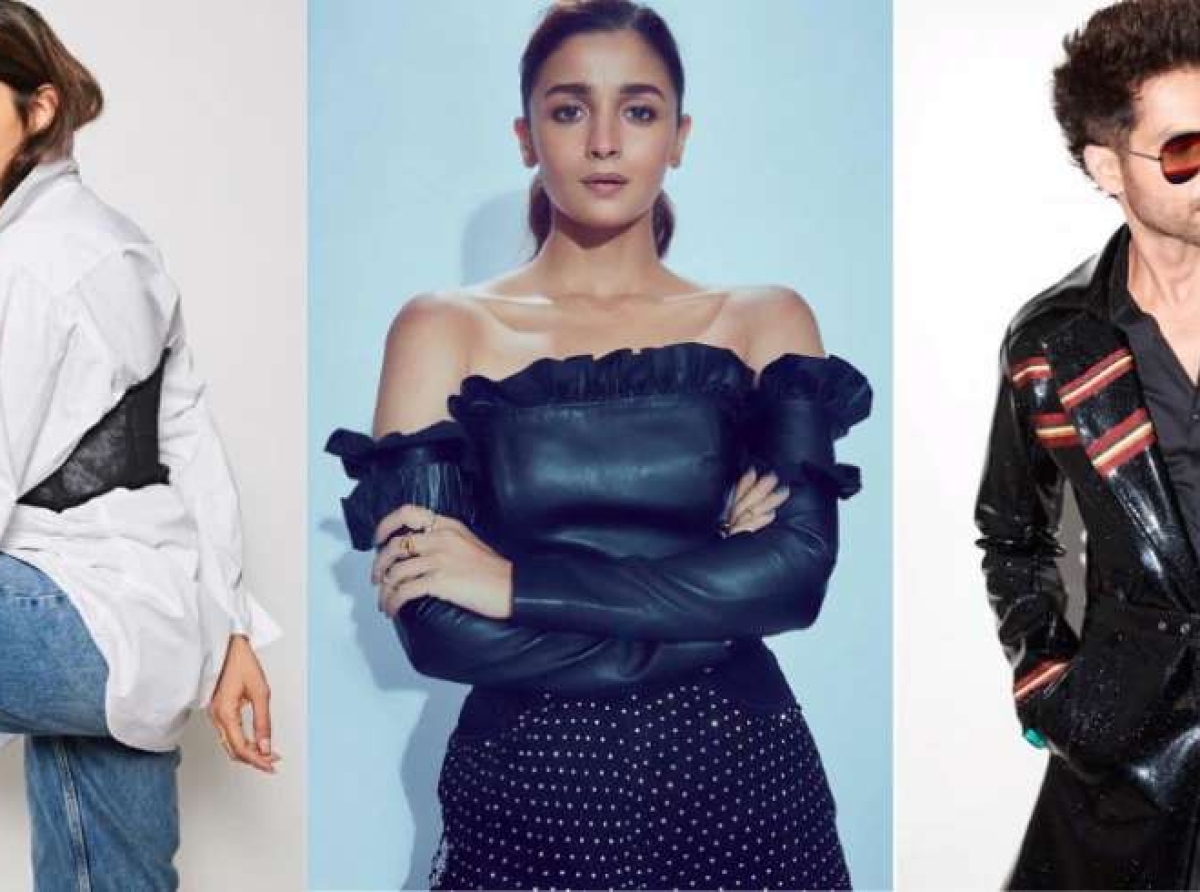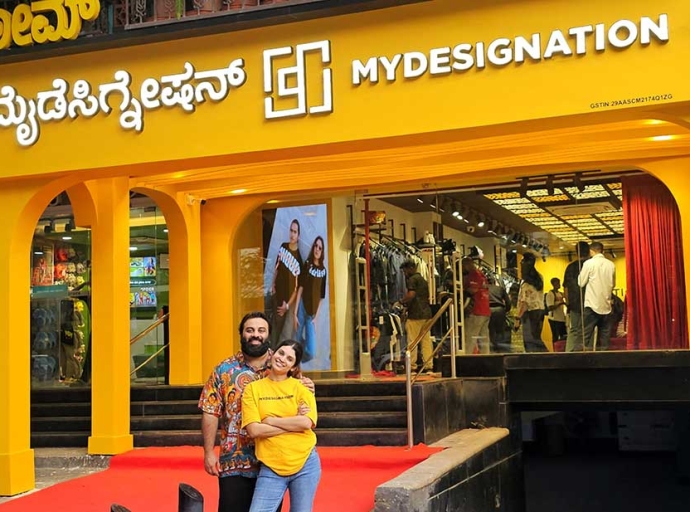Celebrity-led apparel brands in India, a mixed bag of success

From Bollywood to the wardrobe, celebrity-led apparel brands have become a significant part of the Indian fashion landscape. But how far have these ventures truly succeeded? The allure of celebrity-endorsed products is undeniable, and India, with its star-struck culture, is fertile ground for such ventures. Celebrities leverage their fame and influence to launch brands that reflect their personal style, often targeting their fan base. While some have achieved remarkable success, others have struggled to find their footing.
The success formula…
While many celebs have launched their brands from time to time; from Salman Khan’s Being Human to Hrithik Roshan’s HRX not all have tasted success.
HRX by Hrithik Roshan for example is a success story. This activewear brand, co-founded by Hrithik Roshan, has become a major player in the Indian sportswear market. Its success can be attributed to several factors. First its authenticity as Hrithik's own fitness journey resonates with the brand's message, fostering trust and credibility. Quality and affordability is another plus as HRX offers a good balance of quality products at competitive prices.
The strategic partnerships as its collaborations with Myntra and other platforms have expanded its reach.
Ed-a-Mamma by Alia Bhatt is another such success. This conscious clothing brand for children, founded by actress Alia Bhatt, has seen rapid growth.
What has worked for Ed-a-Mamma is that it focuses on sustainability and ethical production, appealing to environmentally conscious parents. Alia's popularity, especially among young mothers, has driven brand awareness and sales. What’s more Reliance Retail's acquisition of a majority stake has in the brand provided it with significant resources and growth potential.
… some went wrong
Even as there are success stories there are some that have not been able to click. Wrogn by Virat Kohli for example, this youth fashion brand, despite initial hype, has faced seen its revenues drop. The reason is perhaps Wrogn's offerings haven't stood out in a crowded market, struggling to establish a unique identity. Also, the rapid expansion of celebrity-led brands has increased competition, making it harder to capture market share.
Similarly Being Human by Salman Khan an early starter, while initially successful, this brand has faced challenges in recent years. One reason is, the brand's presence across numerous categories has diluted its focus and impact.
The brand's association with Salman Khan, while initially a strength, has also become a vulnerability due to his controversial public image.
Shahid Kapoor’s Skult is another example of celeb brands not always working. This athleisure brand, launched in partnership with abof.com, ultimately failed to make a mark. One reason is its exclusive tie-up with abof.com restricted its accessibility and visibility. What’s more, Skult struggled to differentiate itself from other athleisure brands, including HRX.
Anushka Sharma’s Nush, a women's clothing line, focusing on comfort and affordability, had a relatively short lifespan. Nush faced stiff competition from established players in the affordable fashion segment. And the brand's marketing efforts were not as impactful as those of its competitors.
Rheson, the high-street fashion brand, launched by Sonam and Rhea Kapoor, initially generated excitement but ultimately fizzled out. One reason is its pricing strategy. Rheson's pricing, while aiming for accessibility, may have been perceived as too high for its target audience. Moreover, the brand's offerings lacked a cohesive style and failed to establish a strong identity.
Key takeaways
The success and failure of these brands do outline certain points for others who will follow.
Authenticity is crucial: Successful celebrity brands are built on a genuine connection between the celebrity and the brand's values.
Quality and affordability matter: Consumers are discerning and demand value for their money, even from celebrity-backed brands.
Strategic partnerships are essential: Collaborations with established players can provide access to wider markets and resources.
Building a strong brand identity is key: A unique brand identity helps differentiate the brand in a competitive market.
Adaptability is vital: The ability to adapt to changing market trends and consumer preferences is crucial for sustained success.
Thus the success of celebrity-led apparel brands in India is not solely dependent on the star power attached to them. A combination of factors, including authenticity, quality, strategic partnerships, and a strong brand identity, are crucial for long-term success in this dynamic market.
Latest Publications

































